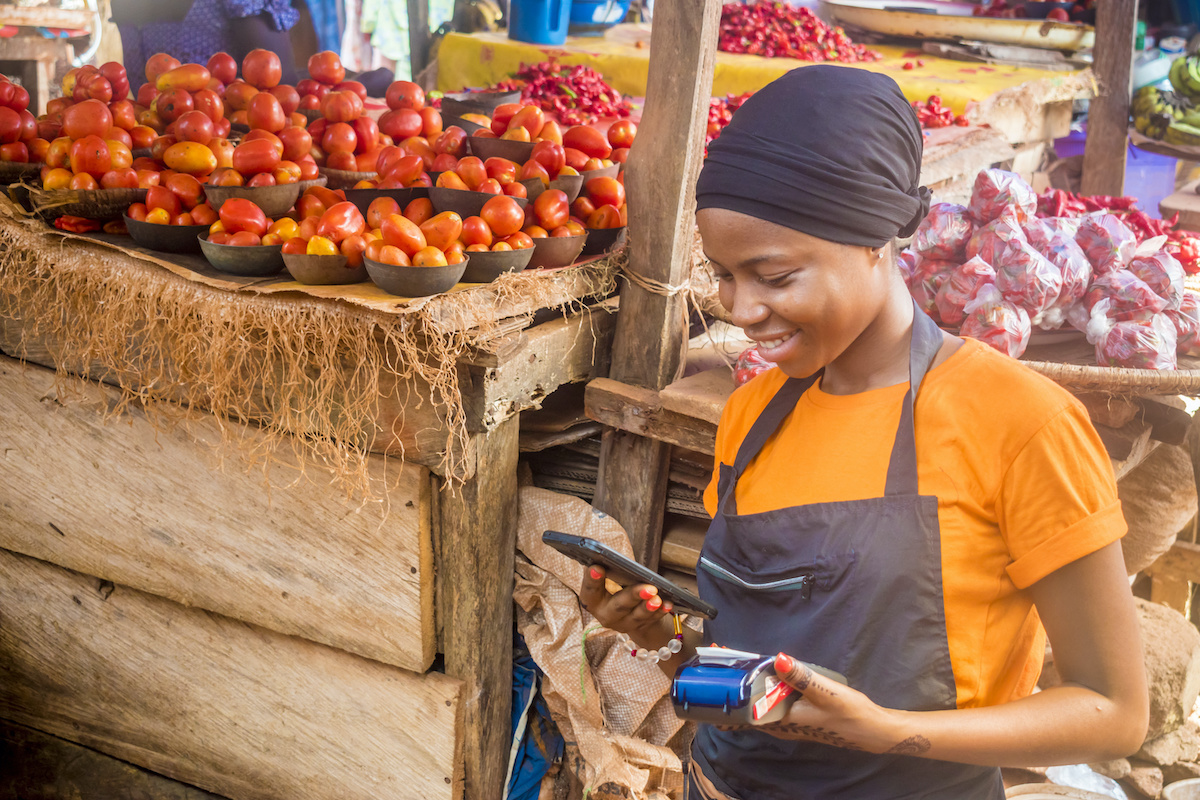The past few years have witnessed a dramatic increase in the use of digital payments worldwide. The percentage of global transactions conducted in cash fell from 89 percent in 2013 to 77 percent in 2019, and mobile wallets grew in popularity. The demands of social distancing brought on by the COVID-19 pandemic have only reinforced those trends. It has been projected that half of all people will use mobile wallets by 2025.
It is in this context that the Better Than Cash Alliance (BTCA) has released a new report, UN Principles for Responsible Digital Payments: Building Trust, Mitigating Risks & Driving Inclusive Economies. An update to their 2016 report, the BTCA publication outlines nine guiding principles for building a healthy digital payments ecosystem, emphasizing reliability of service, and interoperability.
In many ways, the most striking quality of the BTCA report is the degree of similarity to its 2016 predecessor. The 2016 report lists eight guiding principles, all of which are retained in the BTCA’s new analysis. What’s more, both place heavy emphasis on designing user friendly systems that are transparent, transferable, and predictable, with easily accessible remedies if problems should arise. That continuity is not surprising. The BTCA’s original guidelines were grounded in the experience of stakeholders from 2012 to 2016, a period that saw countries take steps towards embedding key pieces of digital payments infrastructure. Those years coincided with the roll-out of PMJDY bank accounts in India, the rise of bKash in Bangladesh, and the launch of JoMoPay in Jordan. When the COVID-19 pandemic hit, countries leaned on their existing digital infrastructure to expand their social assistance, relying on government-to-people (G2P) transfers to mitigate the economic fallout from lock-down. Although the effectiveness of these efforts varied, several countries were able to use these systems to deliver aid to substantial portions of their citizenry. In short, the pressure cooker of COVID-19 served more to confirm previous assumptions regarding digital payments than to challenge them.
That said, the new guidelines do reflect evolution in the BTCA’s thinking, especially concerning marginalized groups. Whereas the 2016 report makes mention of the need to eliminate discrimination and ensure equality of treatment, the latest guidelines advance a more proactive stance in fostering an inclusive digital environment, advocating for designs tailored to excluded low-income groups. The change is indicative of a larger movement within the digital G2P community. A 2020 working group convened by the G2P Network brought together several leaders in digital government transfers, including the BTCA, to examine the growing literature on the risk of exclusion in digital payments, and potential mitigation strategies.
The shift to focus on inclusivity is partly market-driven. As the BTCA report points out, future growth in digital payments will be among those currently underserved, necessitating the incorporation of their varied needs into services if digital payments are truly to become the norm.
Technological change, however, plays a role as well. In recent years, artificial intelligence has emerged as a tool for targeting G2P recipients, identifying potential fraud, and a whole host of other possible applications. Yet despite its promise, AI based on poorly designed assumptions has the potential to reinforce existing fault lines in society, making considerations of marginalized groups in program design all the more vital.
Nowhere are these concerns more apparent than in regard to gender. Women are less likely to own a mobile phone, less likely to be issued formal identification, and less likely to be financially included. Such deeply unequal access puts them at particular risk to be overlooked in the design and implementation of future systems. It is no wonder then why the BTCA expanded its list of principles to explicitly list prioritizing women.
The new BTCA guidelines, therefore, reflect both past experience and present anxieties in its approach to designing digital payments ecosystems for a brighter future.
Brian Webster is a research assistant at the Center for Global Development. Anit Mukherjee is a policy fellow at the Center for Global Development.
- Regions:
- Global;
- Resources:
- Blog Posts;







 Brian Webster and Anit Mukherjee
Brian Webster and Anit Mukherjee  G2P Network
G2P Network 
 Yoonyoung Cho and Doug Johnson
Yoonyoung Cho and Doug Johnson 

